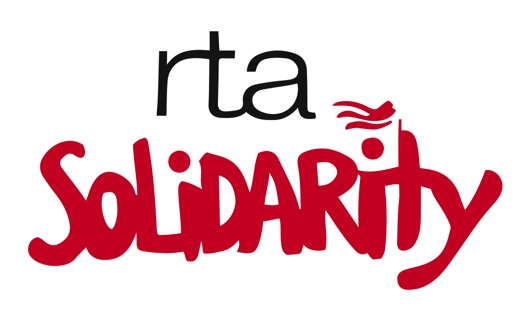 New York State requires prospective cosmetologists to receive 1,000 hours of specialized instruction, and real estate brokers to get 120 hours of instruction and two years of field experience.
New York State requires prospective cosmetologists to receive 1,000 hours of specialized instruction, and real estate brokers to get 120 hours of instruction and two years of field experience.
But new proposed regulations, driven by the powerful charter school lobby, would allow some charter schools to create their own, special teaching license for anyone who finishes 30 hours of instruction (including classes taught by unlicensed charter school administrators) and works 100 hours in a classroom.
That amounts to about 5 days of learning how to teach, and a little more than two weeks of classroom practice.
Fully licensed teachers in traditional public schools must have bachelor’s and master’s degrees from state-approved colleges and universities, pass state certification and content area exams, complete supervised student teaching, and continually update their skills by taking additional professional courses throughout their career.
Why is the charter lobby pushing a watered-down “instant“ license that would be worthless at any traditional public school anywhere in the state and would undermine years of efforts to ensure that teachers are trained and treated as professionals?
Because charters don’t want to invest in their teachers.
Charters rely on huge numbers of inexperienced, unlicensed novices who don’t stay in their jobs long enough to become fully licensed.
State figures show that four out of ten charter staffers in 2014 left their schools in 2015 (the equivalent number for city public schools was 14 percent — itself too high). Success Academy, Democracy Prep, KIPP and Uncommon schools had the greatest trouble keeping their staff in this recent snapshot.
Supporters claim that New York City charters suffer from a teacher shortage. They don’t. They suffer from bad management. Charter teachers vote with their feet – against teaching from scripts, discriminatory discipline policies and leadership demands to “counsel out” the most vulnerable students if they don’t fit the mold.
Charter school leaders could have chosen to deal with this reality, and revamped their programs so all children are valued and new teachers stay long enough to gain the skills and insight they need to help all children thrive.
Instead, charter backers used their political clout in the final hours of the most recent legislative session — when it became clear they were not going to get the legislative changes they wanted — to persuade SUNY’s Charter Schools Committee to push these new regulations.
 If adopted, these changes will send a cynical message to charter parents: your children do not deserve a fully qualified teacher.
If adopted, these changes will send a cynical message to charter parents: your children do not deserve a fully qualified teacher.
Rather than letting charters get around current licensing requirements, SUNY should be requiring the charter sector to address its real problem of teacher turnover.
Even a quick review of the proposed regulations reveals that this scheme is on shaky legal ground. When the Legislature in 2016 granted SUNY greater control over the charters it authorizes, legislative leaders specifically stated that the measure did not: “empower SUNY to adopt regulations that are inconsistent with current laws governing charter schools, including but not limited to laws related to teacher certification requirements …”
The current laws for how one becomes a teacher are there to protect the quality of our children’s education. The fact that some charter chains cannot appropriately staff their schools is no reason for SUNY to backtrack on New York’s decades-long effort to ensure a highly qualified teacher in every classroom.
